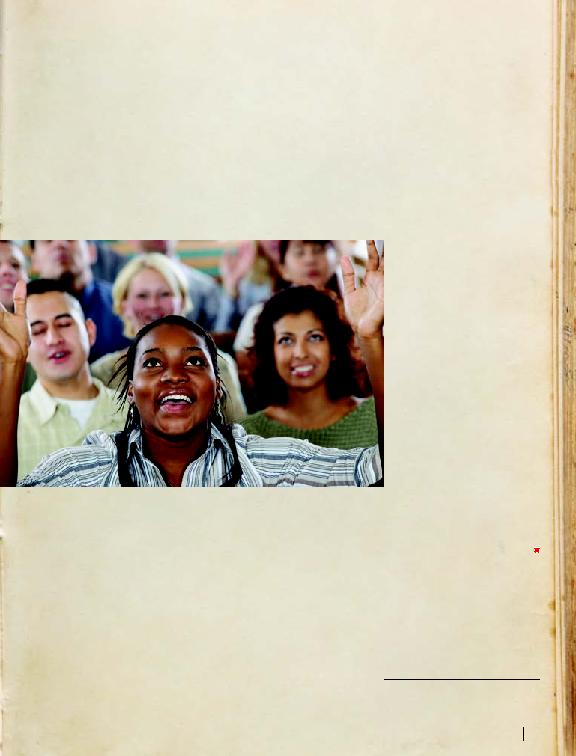
This practice has been a beautiful
part of our worship.
the engine of God's Army and
consequently a good reason to
shout hallelujah. Wherever I have
preached during the last few
years, I have introduced this
practice. Just after I preached
and explained this idea, a wise
a little concern. "Andy, about
a little as he started to speak
because he had the ability to
give me "marching orders"
right then and there. Sheep-
ishly I responded, "Yes, sir?"
it's for all the people of God."
Then as he and I discussed
the point, we both affirmed
that this concept of the "Army
of God" is bigger than "The
Salvation Army." Salvationism
and the divine rule of Christian
faith and practice is about the
way all Christians rally around
the authority of God as re-
vealed in Scripture. With his
encouragement I kept the prac-
tice up. I confidently encourage
every believer, but specifically
to let out a `Hallelujah' when
hearing the "Word of God for the
Army of God!"
through the whole.
the big story of salvation in front
of his reading of Scripture. Es-
sentially, the divine rule implies
that we should keep the "fight"
in mind as we read the Bible. Or
with a sports image, the "action
on the field" is the purpose of
the playbook. The action that we
that God is working in history to
save the world through the res-
urrected Christ. Scripture con-
stitutes this divine rule and the
authority of the God who inspired
it. The pages and the ink itself
are not our authority, but it rep-
resents the divine rule, which is
God's authority. British Bible
Scholar N.T. Wright helped me
understand the point that Scrip-
ture is authoritative not by itself
but because it carries the au-
thority of God.
identity as a Salvationist, I have
adopted a practice in worship
that affirms what I have been
itching for since my days at As-
bury Seminary. Just as my
friends in more liturgical contexts
relish their opportunity to affirm
the place of Scripture when the
reader proclaims, "This is the
Word of God for the people of
God," and the congregation re-
in The Salvation Army can de-
velop a distinct affirmation. One
suggestion that has been mean-
ingful in a corps that I serve
gives people an opportunity for
an old fashioned "fire a volley."
The person reading Scripture sym-
bolically lifts up the Bible after it
has been read and declares, "This
is the Word of God for the
gregation responds "Hallelujah!"
The interactive worship style that
we love in Salvation Army con-
gregations can meet up with the
Approach to Christian Theology
(Louisville: WJK, 2005), 145.
Press, 1954), 569-570.